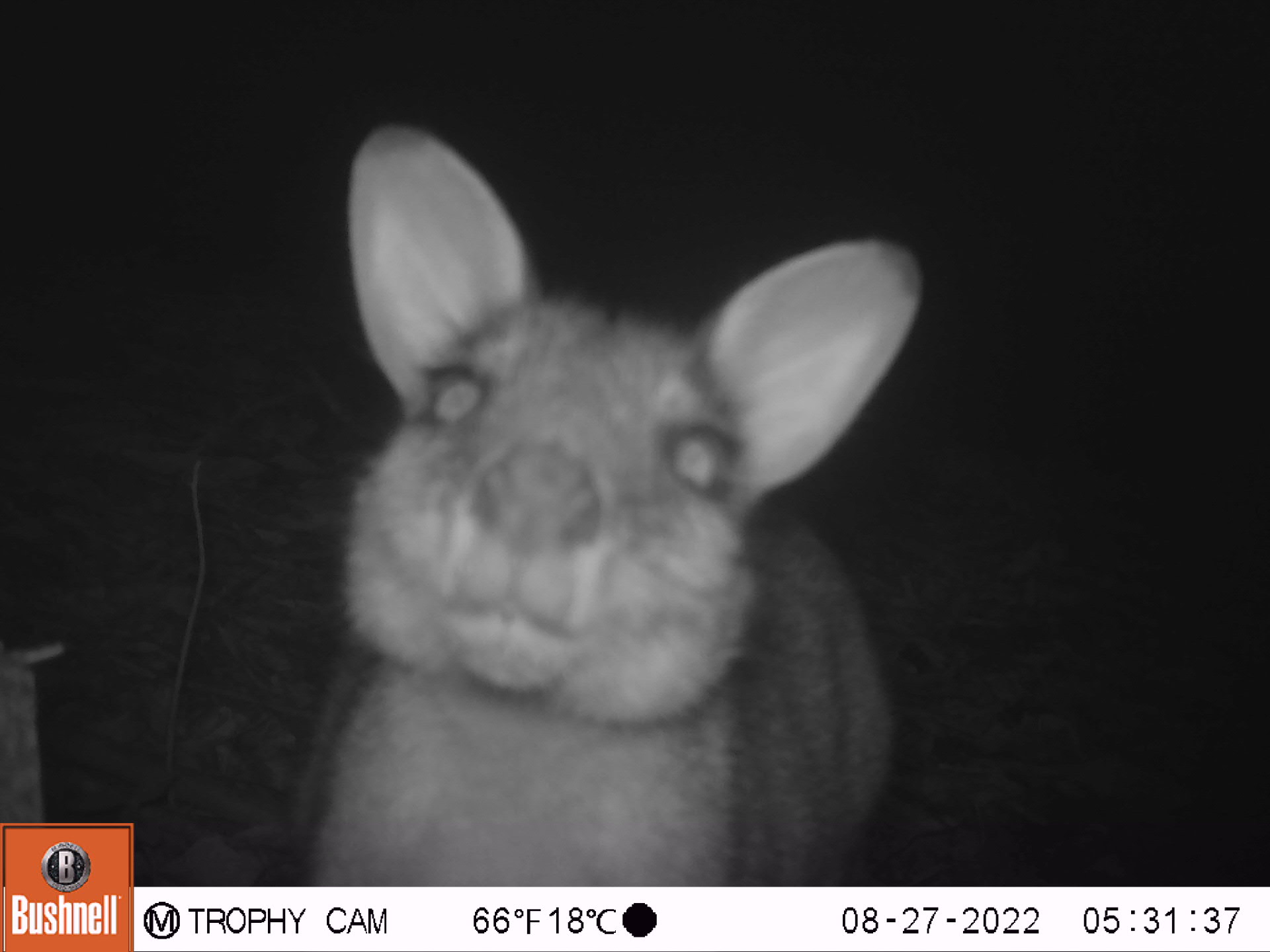Life on Land and Below Water
JCU's campuses and research sites are uniquely biodiverse, featuring tropical ecosystems including wet tropical rainforest, dry tropical savanna and fringing coral reefs.
Bebegu Yumba Campus, Townsville
The JCU Townsville campus is set in the foothills of Mt Stuart, a biodiverse, dry tropical savannah region, with riparian vine thickets. The campus is a haven for many native wildlife species. Two major ephemeral creeks traverse the site, Wadda Mooli Creek and Goondaloo Creek, which reflect the Indigenous heritage of the site. Maintaining and enhancing the natural areas on campus is important to JCU and the Townsville Campus Natural Assets Management Plan has been developed to ensure future development is considerate of the natural areas by minimising harm to native species and ecosystems and protecting natural areas on campus.
Nguma-bada Campus, Cairns
The JCU Cairns Campus is located between the two World Heritage sites of the Wet Tropics and the Great Barrier Reef. Established on a disused cane farm, the site is nestled in the foothills of the Macalister Range. Atika Creek runs through the heart of the campus and the remnant riparian rainforest is a major feature of the campus, attracting students and staff from across Australia and Internationally. The Cairns Natural Assets Management Plan details JCU's plan to safeguard the campus environment for the future.
Research sites
Daintree Rainforest Observatory
Xerophytic gardens
In 2018 a drought-tolerant garden of native xerophytic plants was established on the Bebegu Yumba Townsville campus by the TropEco team. The garden is located next to the Science Place complex and is part of the green areas of the campus open for all visitors to enjoy. This water-wise landscape garden does not require irrigation and relies on rainfall only. Native plants in the xerophytic garden, including rare plants from Queensland’s dry tropics regions, attract local birds and insects.
New plants have been introduced to the garden each year and maintenance is carried out regularly. Guided tours for public groups and JCU students and staff are run twice a year by TropEco staff and attendees are educated about water-wise gardens and landscape features. Significant native plants include: Grevillea glossadenia and Grevillea venusta – both Vulnerable species, Lomandra multiflora and Lomandra decomposita – blue lomanda, Asteromyrtus lysicephala and Asteromyrtus brassii.
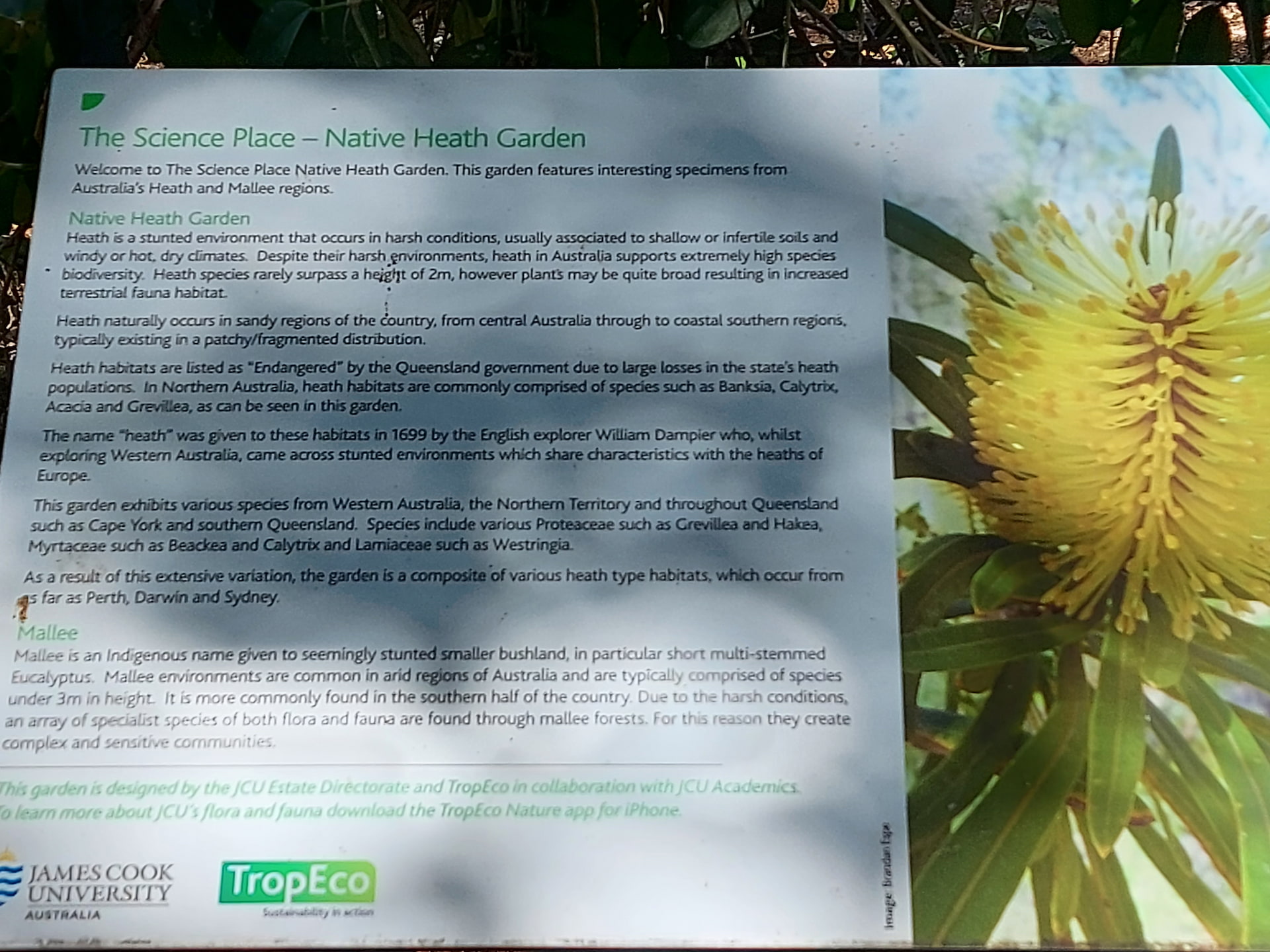
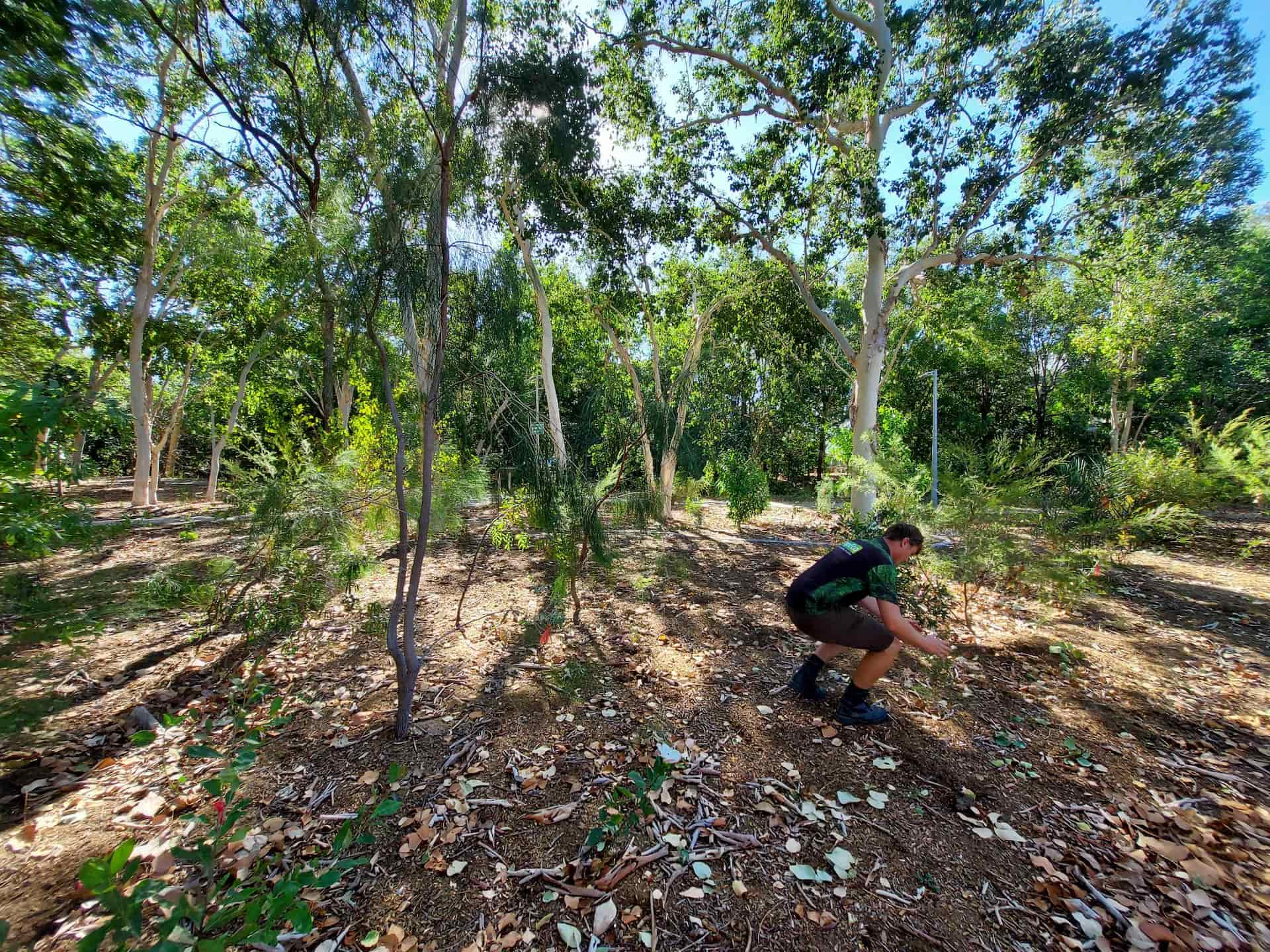
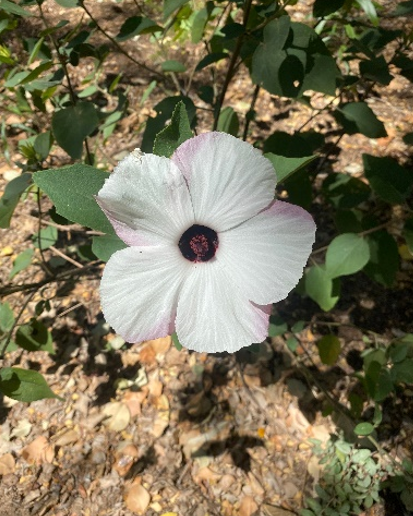
Water Conscious Irrigation
Water-conscious irrigation systems have been installed across the Bebegu Yumba campus. This has included introducing over 120 waterwise R-Van Rainbird sustainable irrigation heads, with a plan to roll out 150 more heads by 2025. Wetting agent’s, such as Flora-tech has been widely applied on campus landscape gardens to increase the effectiveness of applied water, resulting in less water demand by our plants.
In 2021 water conscious gardens and irrigation systems were established at the new Burralga yumba student accommodation, the Science place and Eddie Mabo Library and Central Plaza on the Bebegu yumba campus. This has saved the campus a considerable amount of water and have included establishing 36 endangered plant species. The gardens showcase using water saving native plants and are a popular attraction for visitors to the campus. More effective and coordinated use of mulch and bio-inoculants has also been adopted to further increase the soil health, and so decrease its water dependency further, without sacrificing botanic diversity.
In the campus revegetation nursery, the shade house overhead irrigation has been replaced by drippers. This has decreased water usage by 9.4%.
The Nguma-bada campus mostly has gardens of remnant native rainforest vegetation which does not require irrigation and relies of the high rainfall of the region.
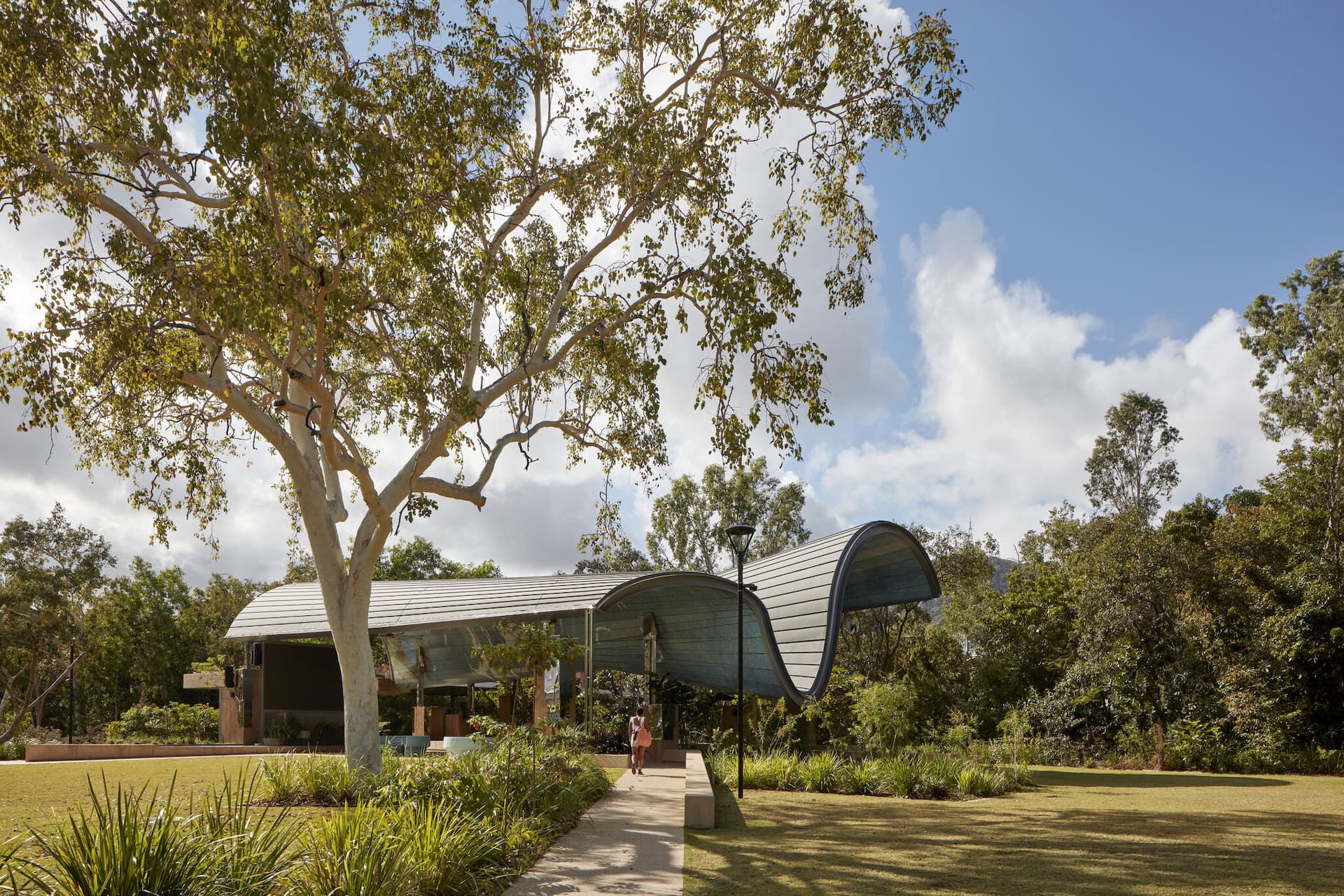
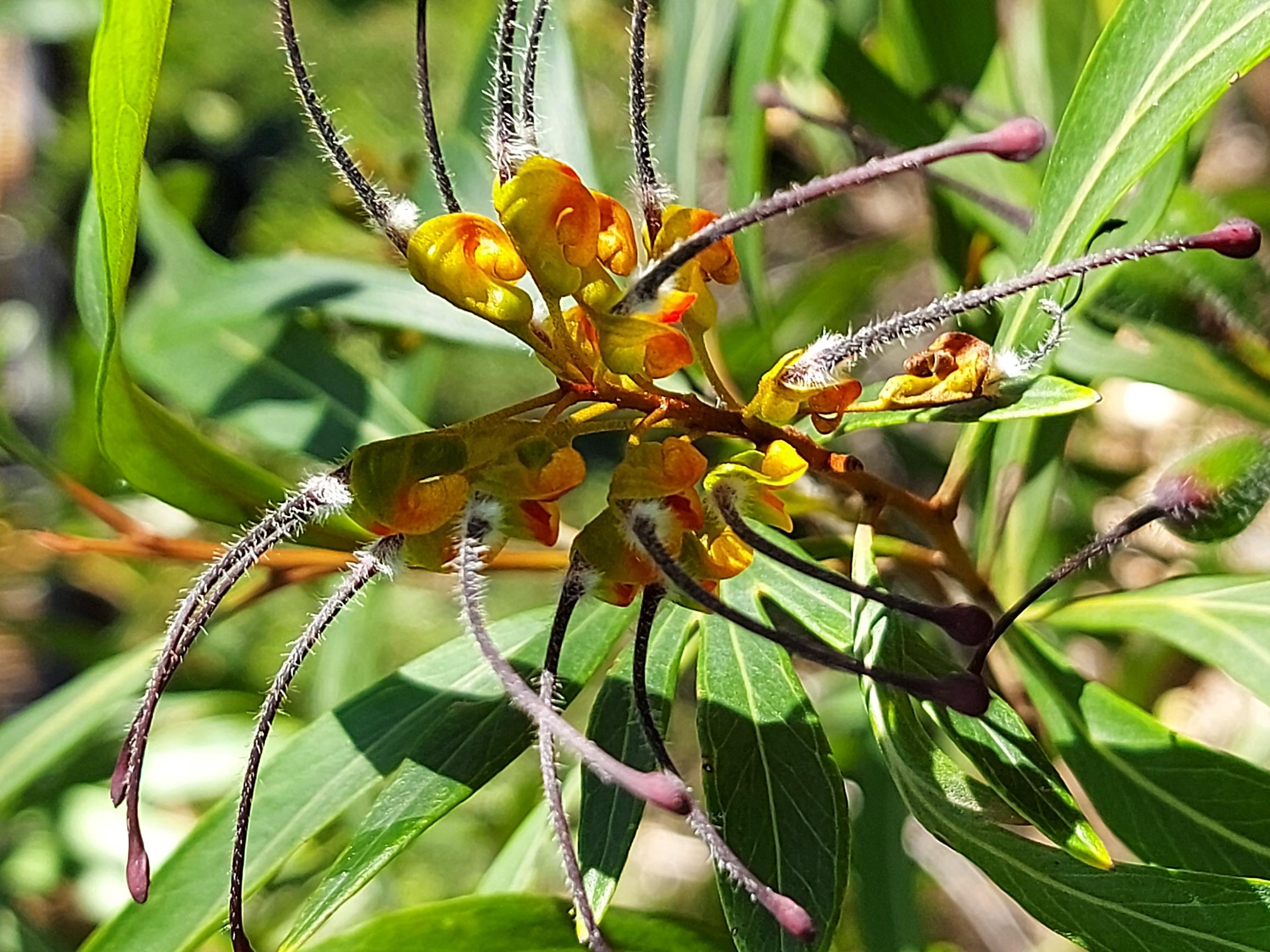
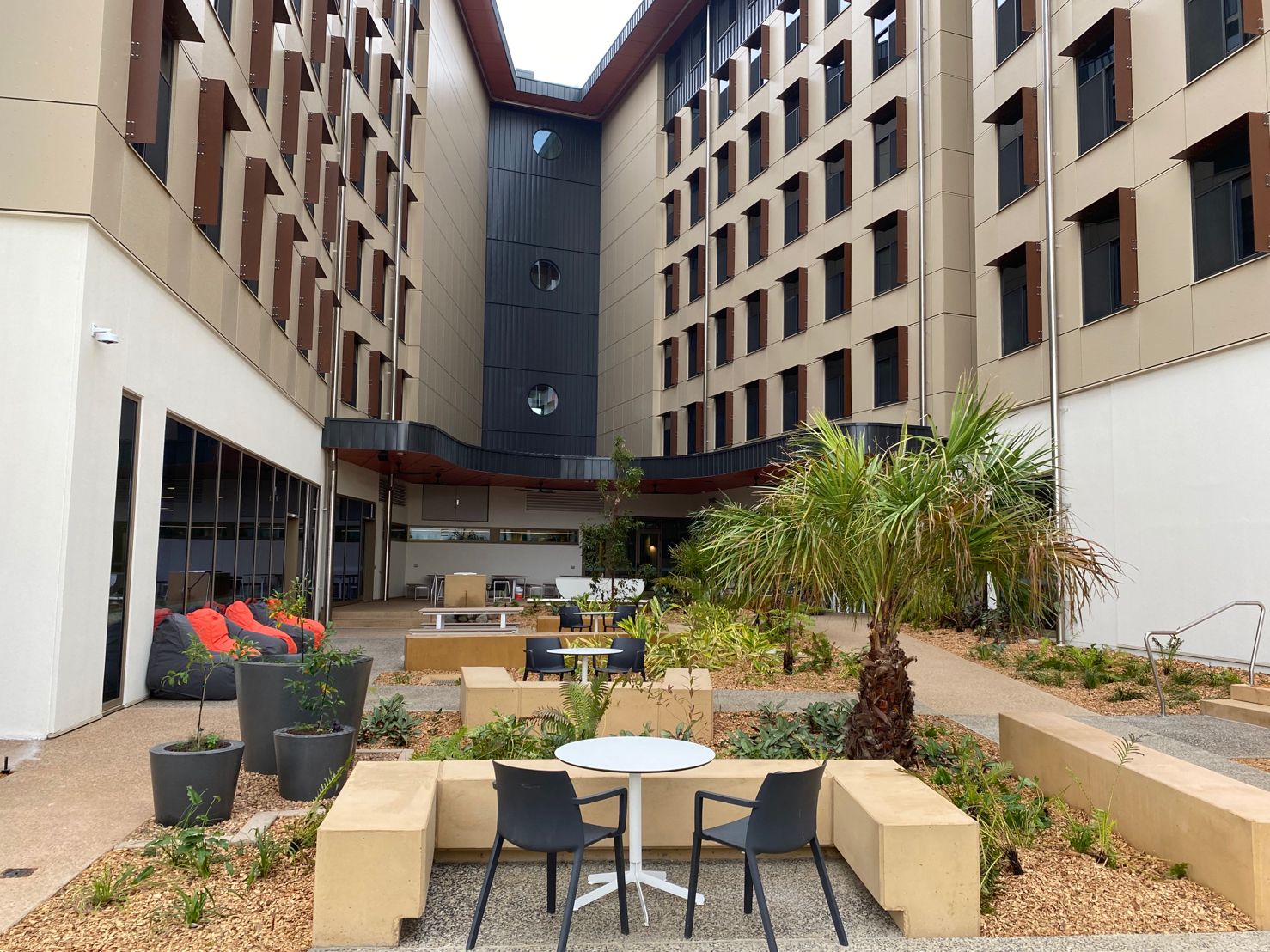
Groundswell composting facility
In 2021 a large composting facility was completed on the Bebegu Yumba campus. A biological inoculant is used in the groundswell to greatly increase the compost facility’s ability to breakdown organic waste into compost. Since its establishment the ground swell has converted 18 tonnes of campus green waste, food scraps, coffee grounds from campus cafes, into useful compost soil. The rich compost has then been used in the campus community garden and rehabilitation sites to enrich garden beds and establish new trees.
In 2022 a new, larger system was installed on the Townsville campus, to allow greater quantities of green waste to be processed. To allow a more streamlined production process, bio-degradable green bags are used within our campus kitchens to allow food scraps from the colleges to be added into the system.
The Nguma-bada campus also has an active organic waste collection system and composting facility in the campus community garden.
Flora for fauna
In 2021 JCU and the TropEco team have planted over 2000 trees on the Bebegu Yumba campus, in rehabilitation sites and landscape gardens. 3000 trees were planted in 2020 and a further 1500 trees have been planted in 2022. Native plants including vulnerable species have been selected to provide food, habitat and resources for native wildlife including birds, bats and possums. Additionally, plant species have been chosen for their ability to suppress invasive weed species, stabilize slopes and riverbanks and control erosion, increasing water quality in JCU’s freshwater streams.
Revegetation on the Nguma-bada campus is an ongoing process renewing unplanted areas of campus near established buildings, riparian areas and new constructions. In October 2022, 180 rainforest trees were planted on campus near the mountain bike tracks in collaboration with local community groups.

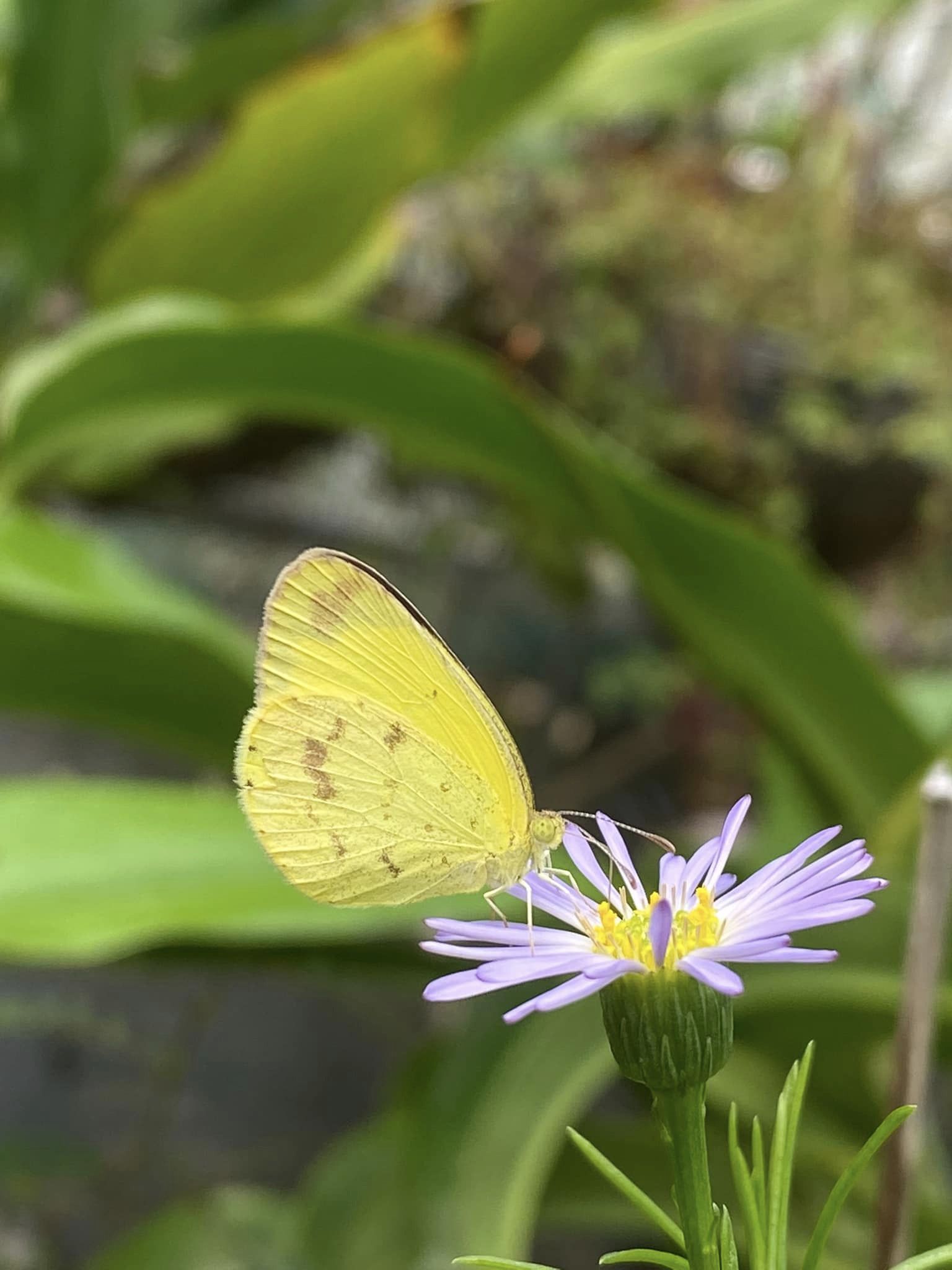
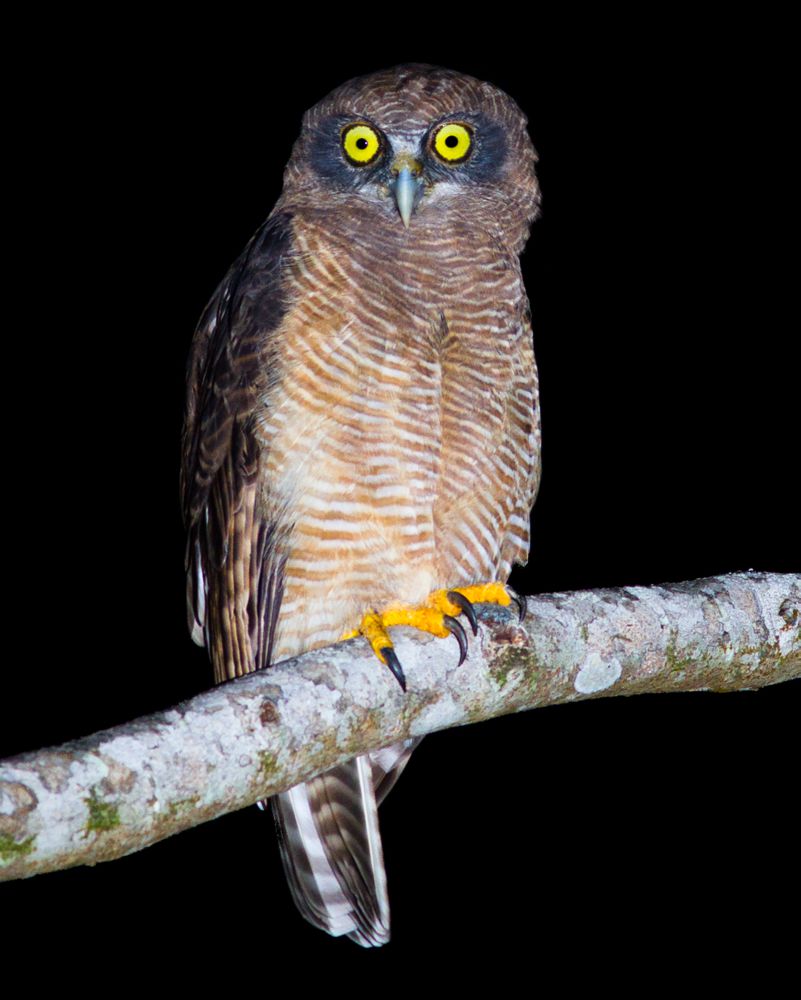
Rainfall capture and stormwater filtering
Rainfall is collected from the rooves of Cairns Institute Building and JCU Ideas Lab and collected in a 20 000L underground water tank, The tank is then used for irrigation of garden beds on the Nguma-bada campus.
Bioswales have been established on the Nguma-bada campus campus near the JCU Ideas Lab and John Grey Residential Hall to filter stormwater runoff before if enters local waterways.
Pest species management
Insect biocontrol
JCU is moving away from a reliance on pest insect control using chemical pesticides, towards a more ecologically sustainable method, biological controls. This has been implemented over the Bebegu Yumba campus for three years, in the greenhouses and plant nurseries and continuing in landscape gardens.
On the Nguma-bada campus biological control insect species have been successfully used on a indoor vertical garden to control aphids, in a situation where it was not possible to use chemical controls without decreasing the air quality of the facility.
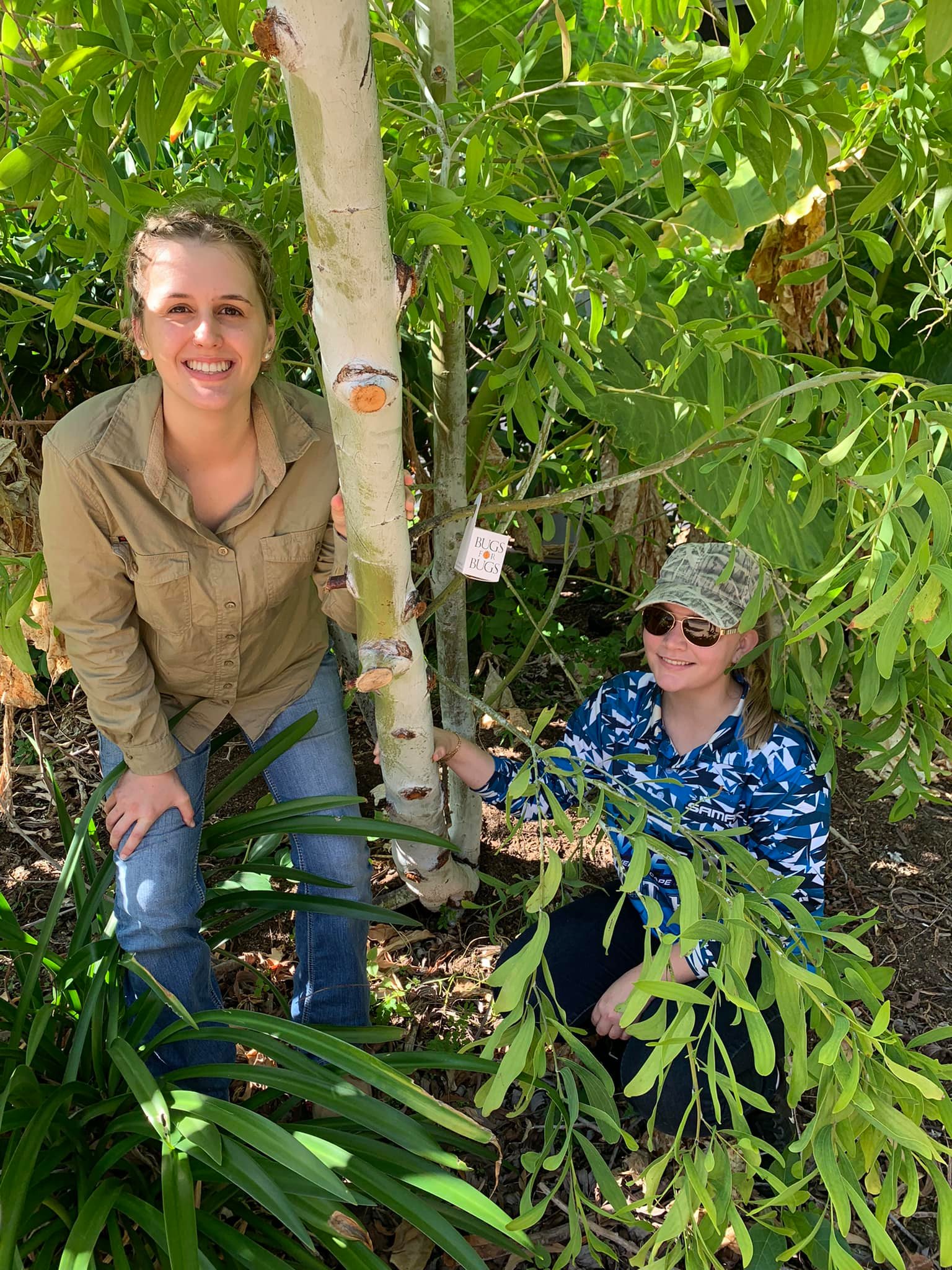
Invasive species management
Each year JCU TropEco and Estate Directorate staff collaborate with Queensland Parks and Wildlife service and local contractors to control introduced plant and animal species on the campus. This collaborative work manages invasive species on JCU owned and adjacent land. Local TAFE colleges also use this opportunity to train horticulture students in weed management on the JCU campuses in a mutually beneficially collaboration.
Collaborative monitoring of the JCU campus for invasive insect species 18th March 2022 -JCU hosted the Australian Department of Agriculture, Water and the Environment staff, and Biosecurity Australia staff in collaboration with students studying a Biological Invasions subject with Associate Professor Lori Lach. The team surveys the JCU community garden for invasive insect pests damaging to agriculture crops. Monitoring traps were placed in the garden to survey insect species for a period after which they were removed. Fortunately, no pests of significance were recorded.
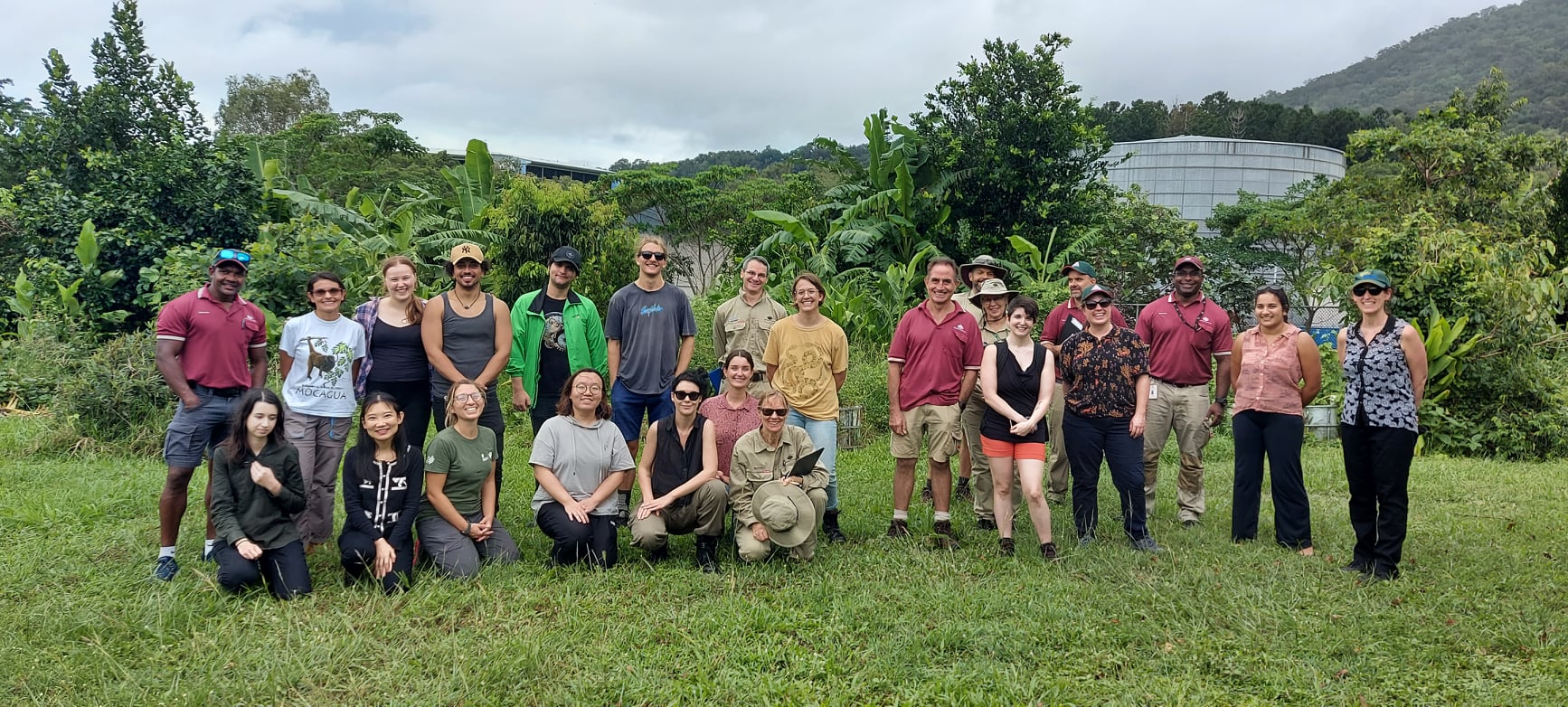
Sustainable landscaping public tours
- June 2021 – TropEco hosted 75 St Benedict’s Catholic School students on a guided tour of the JCU Rotary Sunshine Community Garden. Students learnt about healthy tropical gardening, crop rotation, and companion planting.
- May 2022 - TropEco Campus Flora tour - TropEco conducted a guided tour of the Bebegu Yumba campus sustainable landscape garden conservation initiatives
- September 2022 - TropEco hosted a tour for over 100 delegates of The Garden Clubs of Australia Inc AGM & National Convention, viewing JCU’s threatened species and myrtle rust conservation programs on the Bebegu Yumba Townsville campus. Attendees were shown JCU is working towards a greener and more sustainable landscape, as well as conserving some of the rarest plants in Australia along the way.
- October 2022 – TropEco staff provided an educational ecology tour with Junior Landcare, to discuss the plants and animals of their St Benedict's Catholic School riparian site.
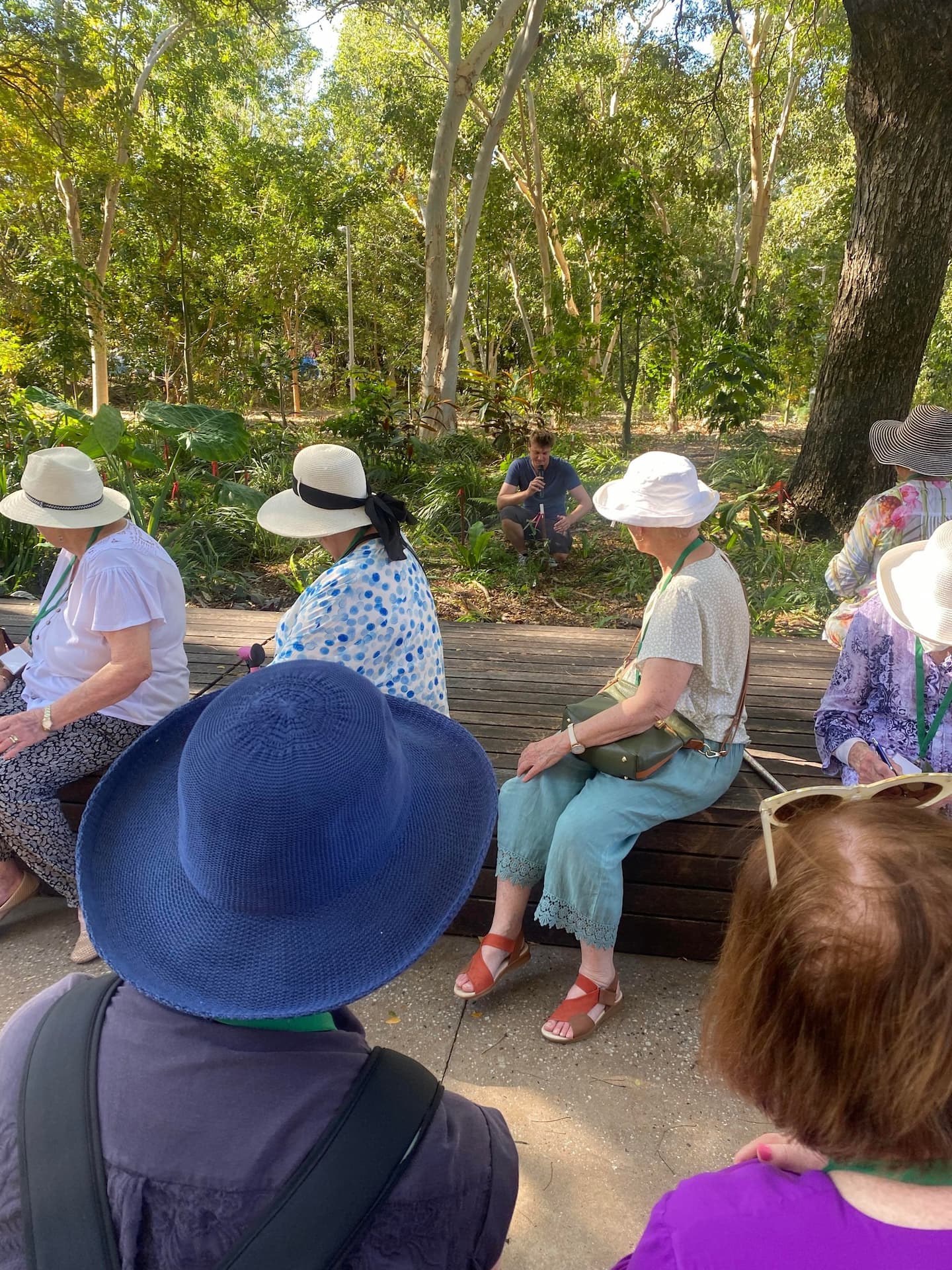
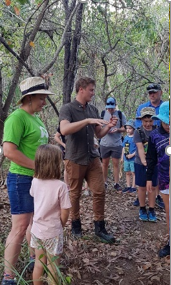
JCU Spring Environmental Fest
30 members of the Cairns community attended Spring Environmental Fest at the JCU Cairns community garden on the 23rd of September 2021. JCU postgraduate student Holly Farnan spoke to attendees about her research into Australian native bees and the challenges they are facing. Attendees also helped build insect hotels for the community garden and learned about growing fruits and vegetables in the tropics.
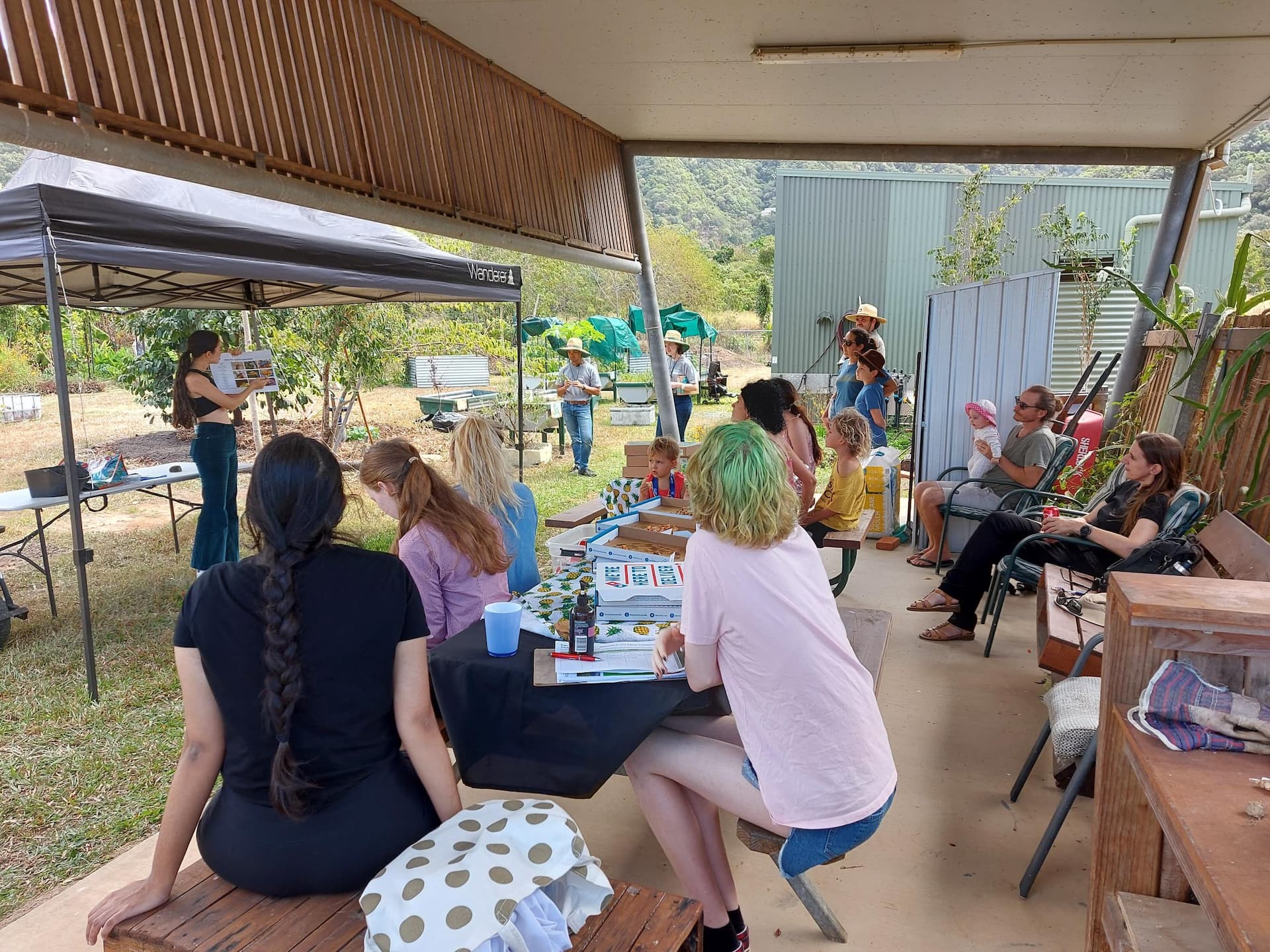
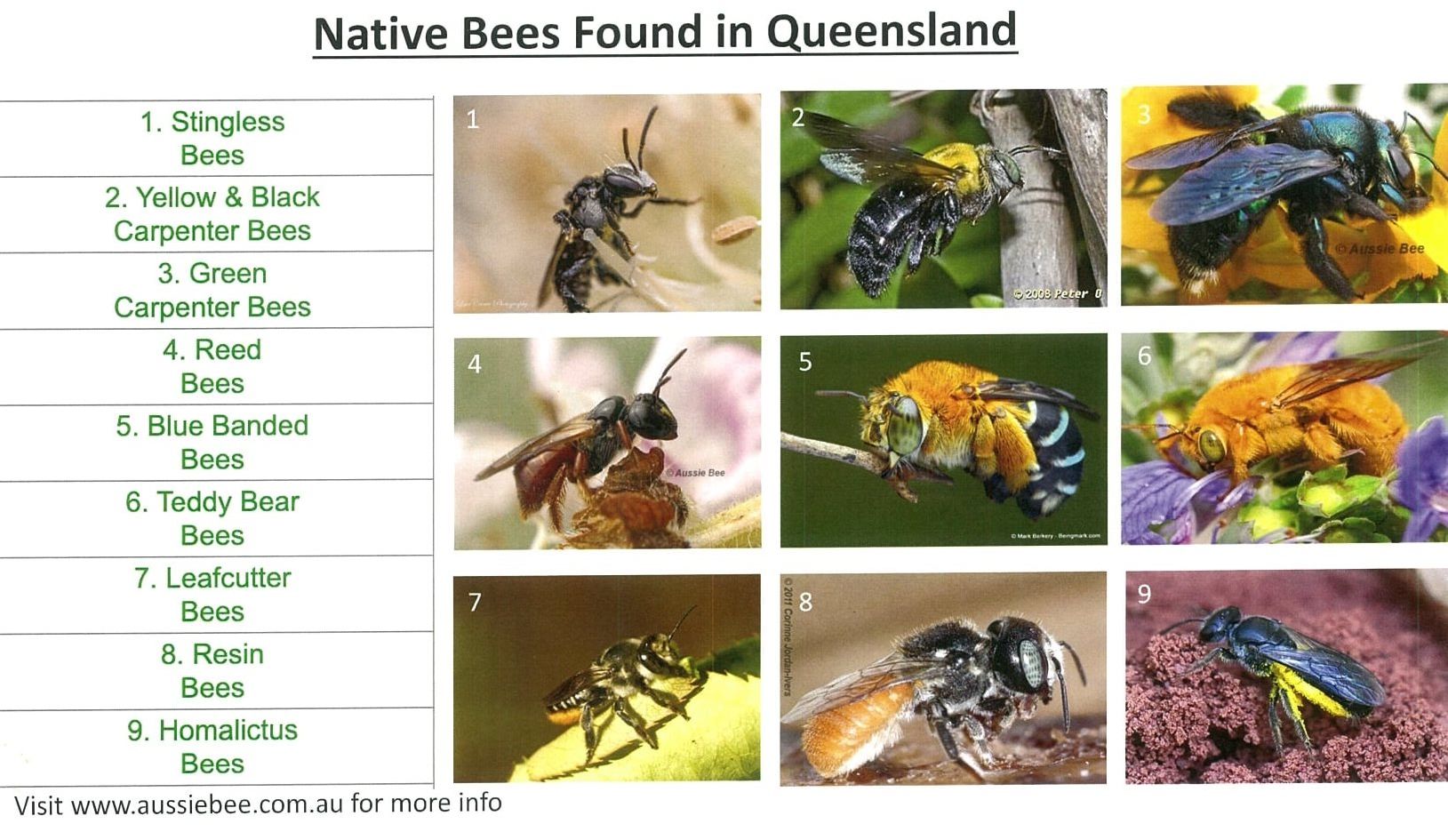
JCU Environment Week 16th – 19th August 2021
JCU Enviro Week The Bebegu Yumba campus community participated in a tree planting event at Wadda Mooli creek and an open day working bee at the rotary sunshine community garden.
Nguma-bada campus activities Students, staff and members of the public were involved in environment and sustainability activities including learning about recycling, planting trees, tropical gardening in the community garden, campus rubbish clean ups and more.
Ecofiesta - community outreach
JCU has been involved in supporting the Townsville and Cairns communities EcoFiestas for several years.
2022 Townsville Ecofiesta TropEco showcased work towards a more sustainable environment on campus, through discussing with the public its revegetation efforts, sustainable landscaping, wildlife monitoring, and waste reduction projects. In addition to this our staff presented on sustainable ecological landscaping, presenting on not only how JCU has increased its sustainability, but also how members of the public could.
In 2022 Cairns Ecofiesta TropEco collaborated with Lisa Law - Tropical Urban Design Lab, showcasing sustainable urban design, and Professor Nico Adams from the JCU College of Science and Engineering showcasing innovative sustainable technologies in solar power and house design.
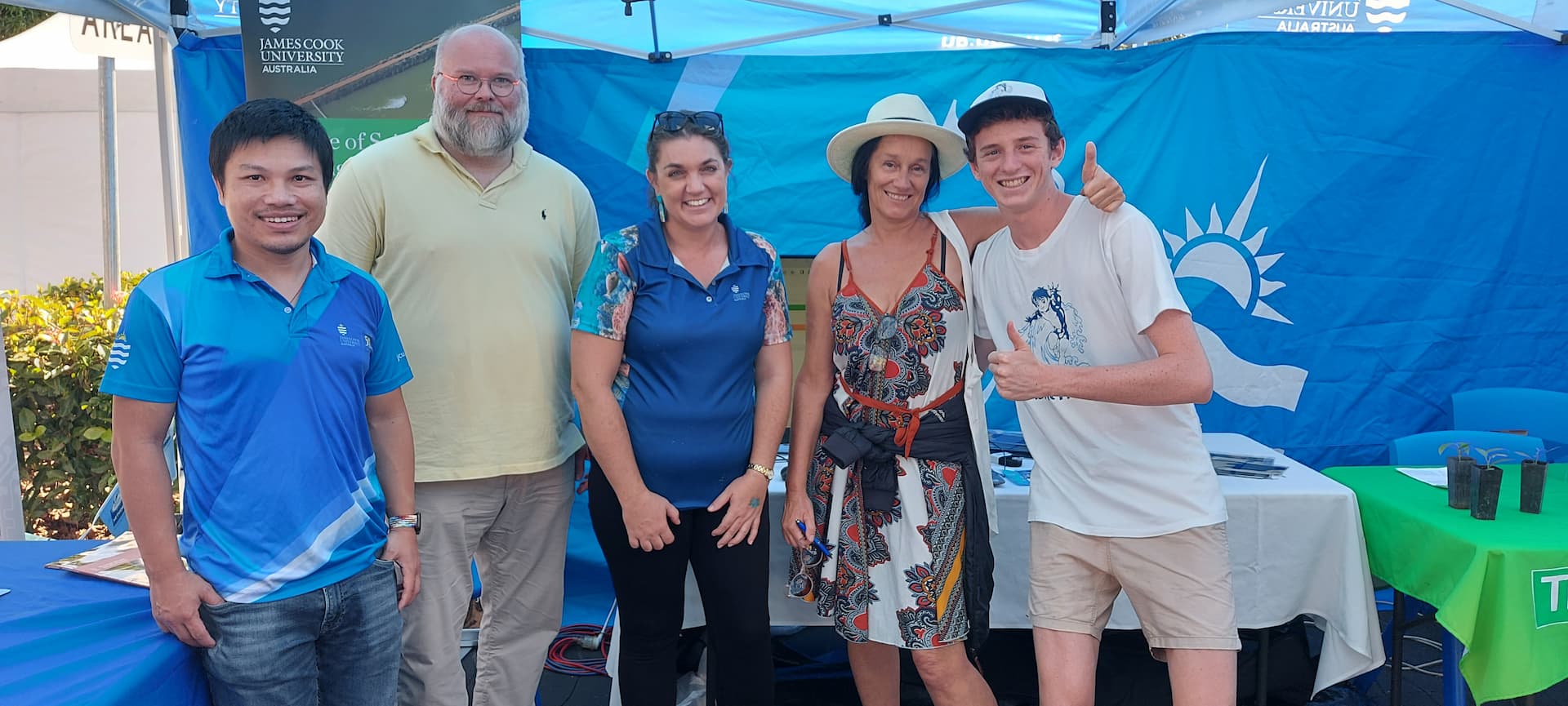
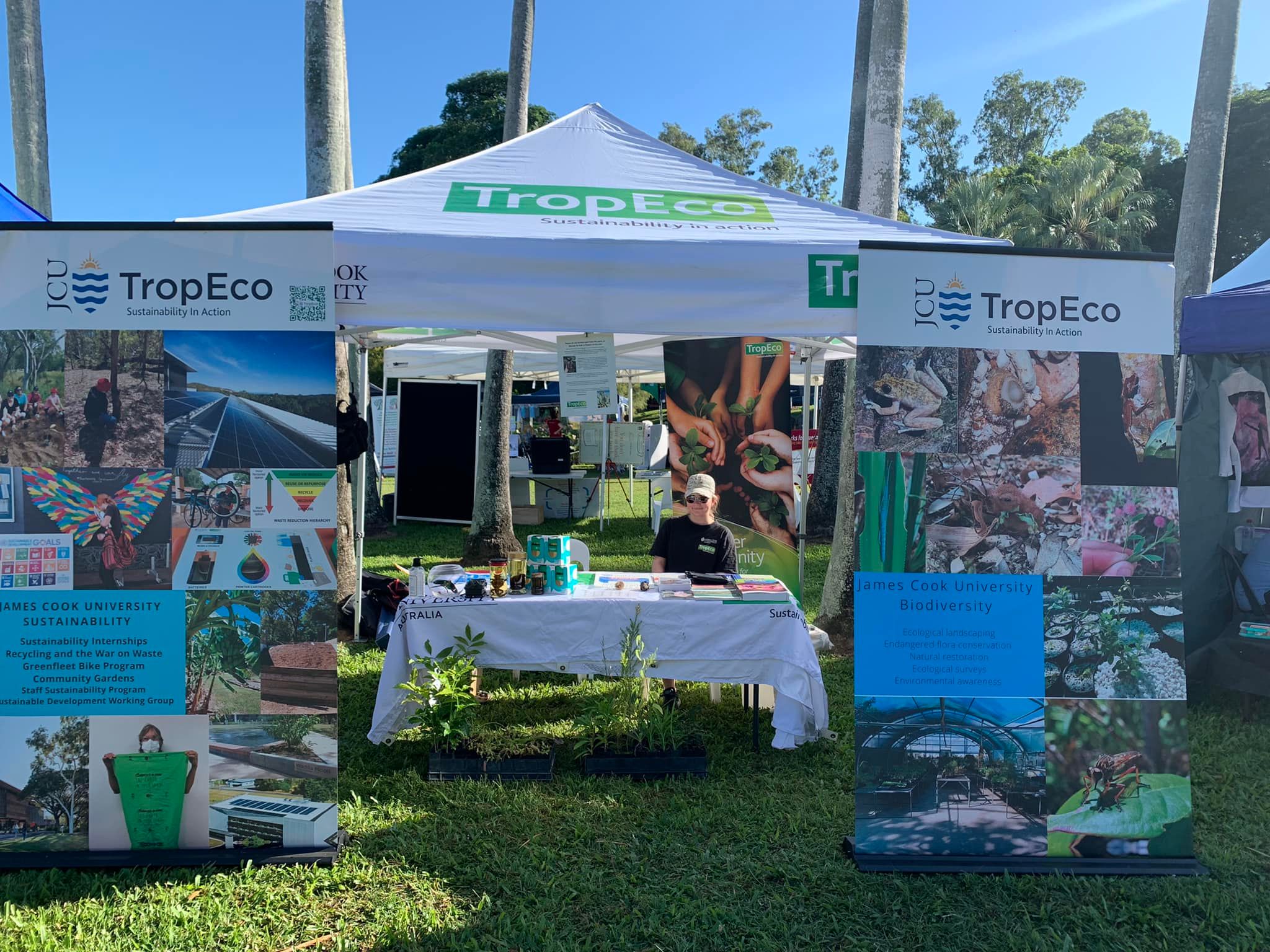
National Tree Day
18th June 2022 Bebegu Yumba campus – National Tree Day - a collaborative event for the JCU community and public organised by TropEco, The JCU Zoology Society and The JCU Sunshine Community Garden Club. Native trees were planted on the campus grounds and attendees learnt about what makes a successful revegetation project
.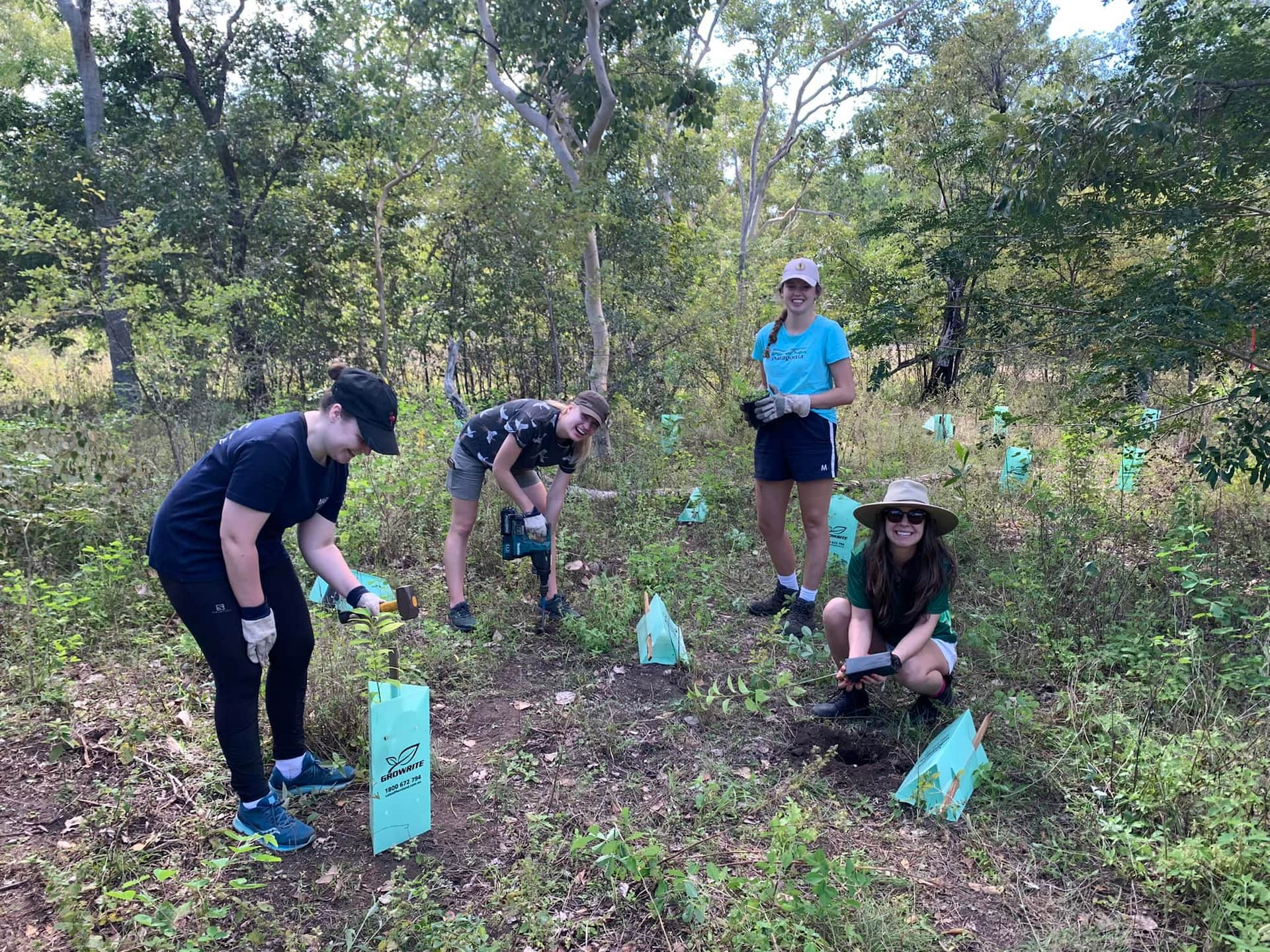
National Science Week
TropEco staff presented at the JCU Centre for Tropical Environmental and Sustainability Science (TESS) Youth seminar on JCU TropEco sustainability actions to the Cairns community as part of their 2022 seminar series. The seminar was held in National Science week and was a youth-focused environment and sustainability science forum.
Arboretum Project - Townsville
JCU Orpheus Island Research Station restoration
2020 JCU Orpheus Island Research Station Flora and Fauna report – TropEco and Australian Tropical Herbarium staff survey the island, preparing a biodiverse species list and identifying rare and threatened species. Over 5 tones of weed plants have been removed from the island by TropEco volunteers.
2021 TropEco Fieldwork TropEco student volunteers spent a week on Orpheus Island removing invasive plant species including prickly pear plants and Bryophyllum. Each year the island is also surveyed for vulnerable tree species Buchanania mangoides, to monitor seedling recruitment and adult tree health.
2022 TropEco field work TropEco student volunteers returned to Orpheus Island and spent a week eliminating invasive weeds and monitoring are plant species.
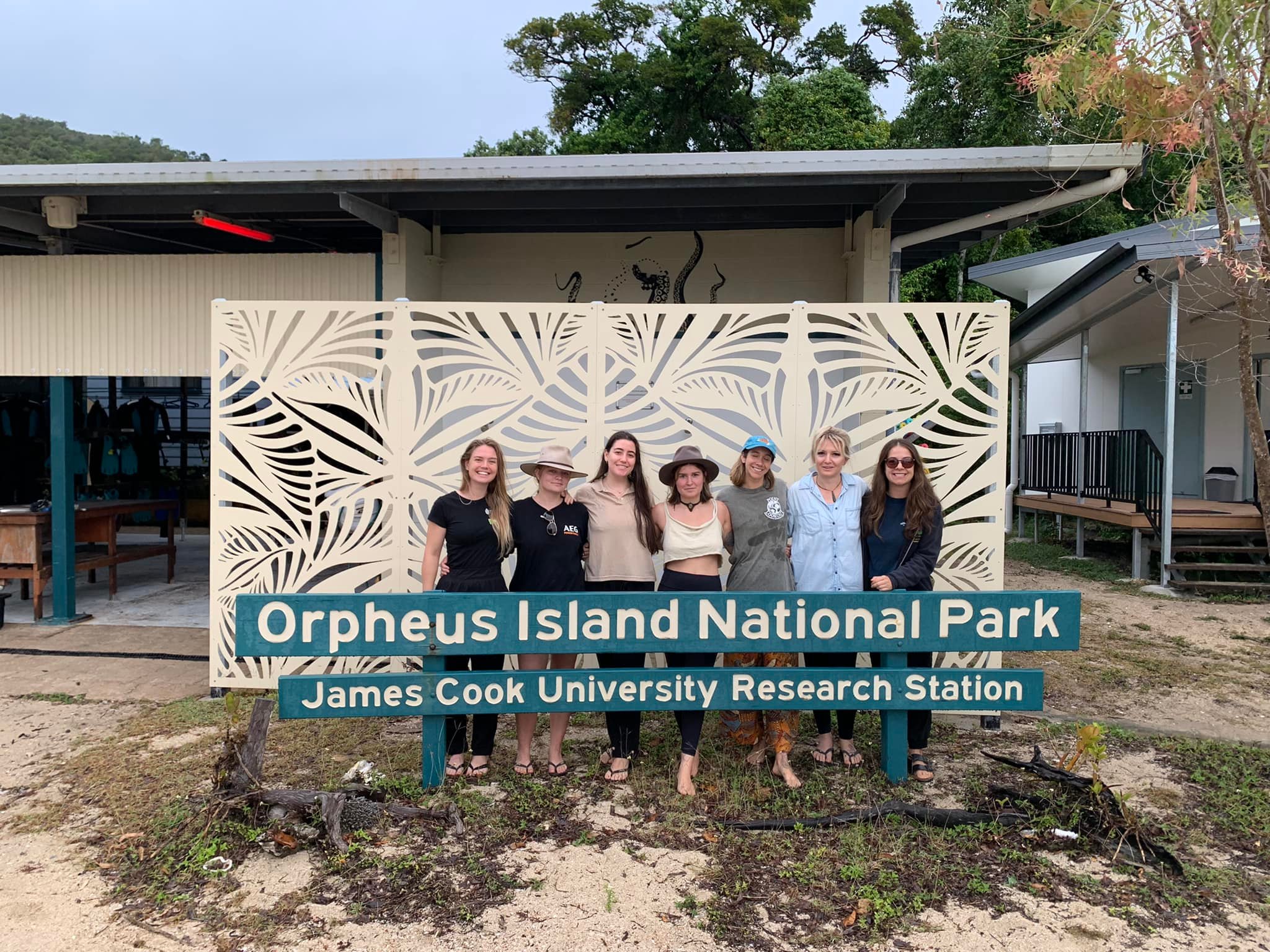
Rare and threatened species programs
- Backhousia tetraptera – critically endangered Mt Stuart Mystery Myrtle. Since 2021 seeds and cuttings have been collected from wild plants and have been grown in campus greenhouses. In 2022 18 tree saplings were planted in on the Townsville campus adjacent to Mt Stuart within the species’ native distribution.
- Eucalyptus paedoglauca – vulnerable Mt Stuart Ironbark. 39 trees have been grown from seed and planted on campus in 2021 and 2022. This includes a dedicated grove of 33 trees, from 5 different parent trees to ensure genetic diversity, this grove will be used as a long-term monitoring plot.
The JCU revegetation nursery’s rare and threatened species program also includes some of Queensland’s rarest plants including the critically endangered Acacia purpureopetala (purple wattle), the restricted Gossia lewisensis (Mt Lewis Gossia), the rare Uromyrtus metrosideros (Mountain Malletwood) and the vulnerable Barongia lophandra. Plants are established and then shared with several Australian Botanical Gardens for their conservation programs.
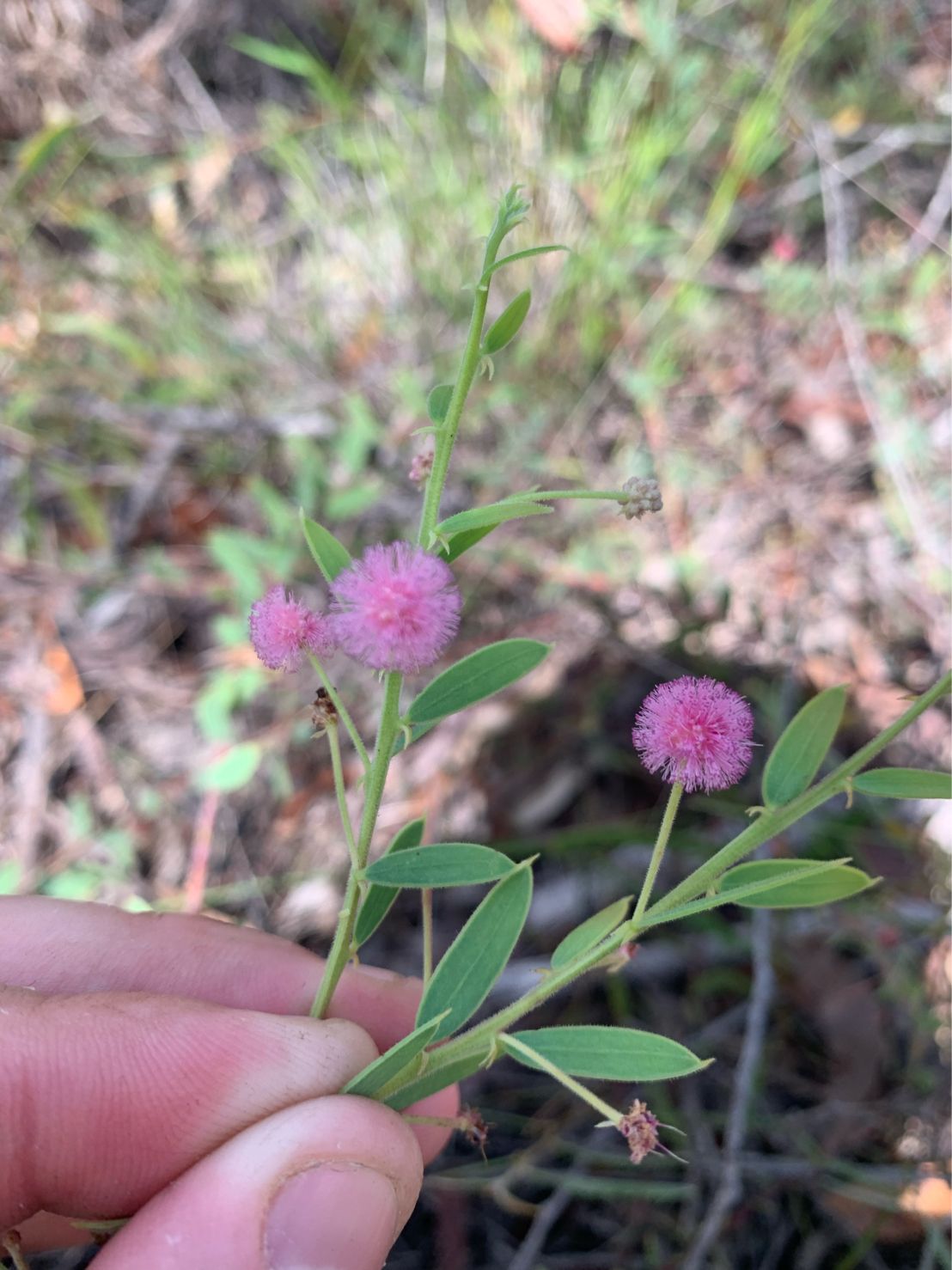
JCU Myrtle Rust Initiative
Myrtle rust is a plant disease caused by fungal pathogen Austropuccinia psidii, the signs are typically a rusty golden coat on the leaves of the host. The pathogen is restricted to members of the Myrtaceae family and is believed to have been introduced from South America in 2010. The JCU Myrtle Rust Initiative aims to develop an on-campus conservation ark for species most at risk.
The project involves ex-situ conservation of wild collected at-risk Myrtaceae from Mackay to Bamaga, some of which were already recognized as Endangered before the rust’s presence. The program is run through the Estate Directorate, in collaboration with Government and conservation bodies, and is an open teaching program for students and staff at JCU. To date over 100 clones across over 70 species have been collected, with the end goal being 100 species and over 500 clones.
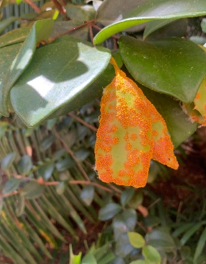
Goondaloo Creek Restoration Work
A TropEco collaboration with Townsville City Council, Townsville University Hospital and Coastal Dry Tropics Landcare Group.
May -2021 Collaborative project to manage the shared freshwater ecosystem through the Townsville University Hospital land and JCU Bebegu Yumba Townsville campus. This work was part of the Townsville City Council’s Riparian Recovery program and involved restoring erosion damaged creek banks and revegetation. JCU TropEco donated 700 native plants for the revegetation site.
JCU has planted over 2000 plants in the riparian area along Goondaloo Creek since 2021, removed over 100 invasive trees, and aims to continue restorative works on the creek to maintain this freshwater ecosystem. This creek is a blend of vine thicket and dry rainforest, and species that fit these unique ecosystem have been collected and grown on for revegetation.
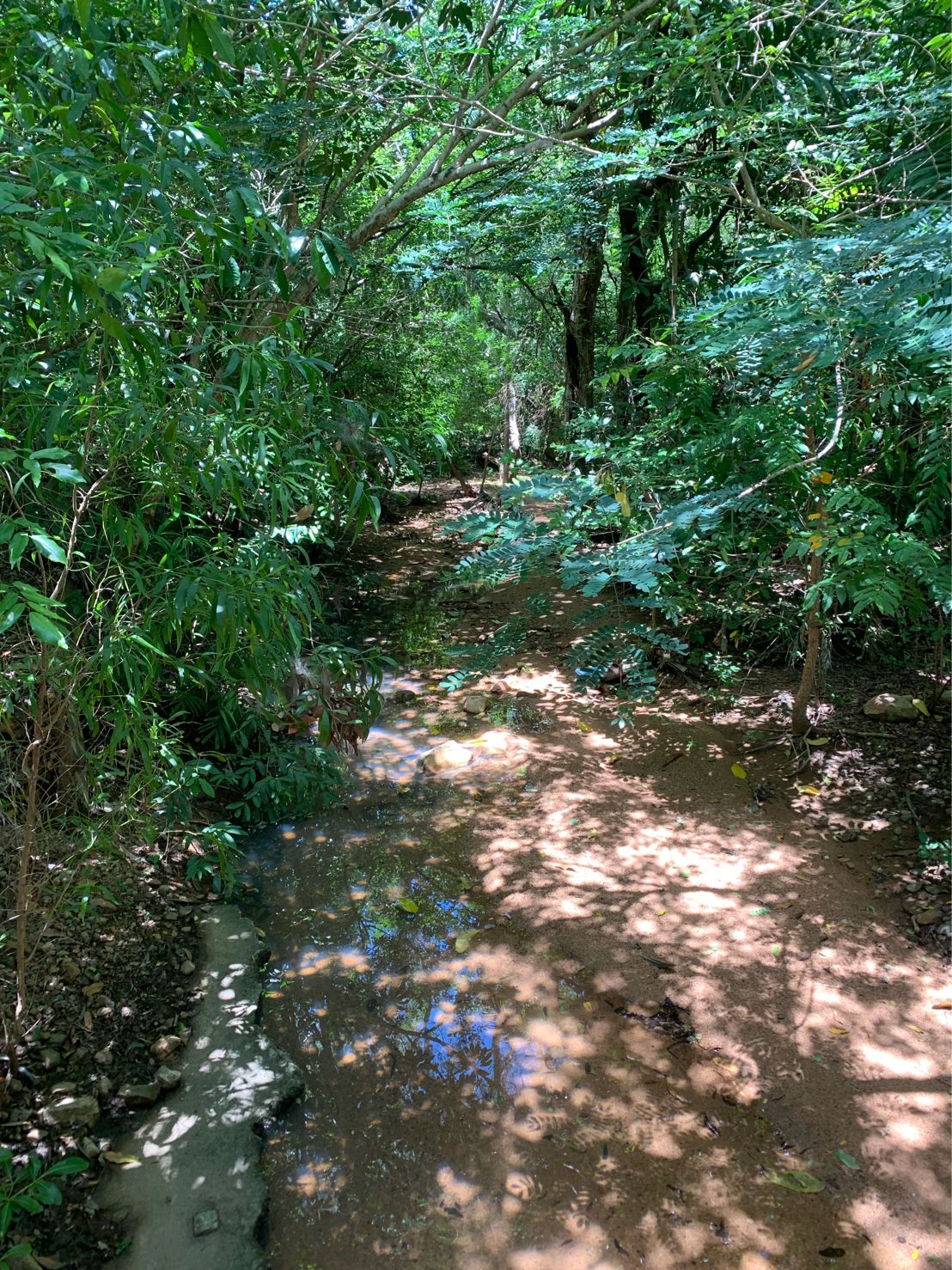
Wildlife monitoring
TropEco monitors its campuses and research stations for native wildlife throughout the year. Wildlife cameras are used to record species occurring on campus including rare and threatened species. For a full list of plants and animals found on campus please see Discover Nature at JCU prepared by the College of Science and Engineering.
See link to a TropEco JCU Kirrama Field Station flora and fauna monitoring trip.
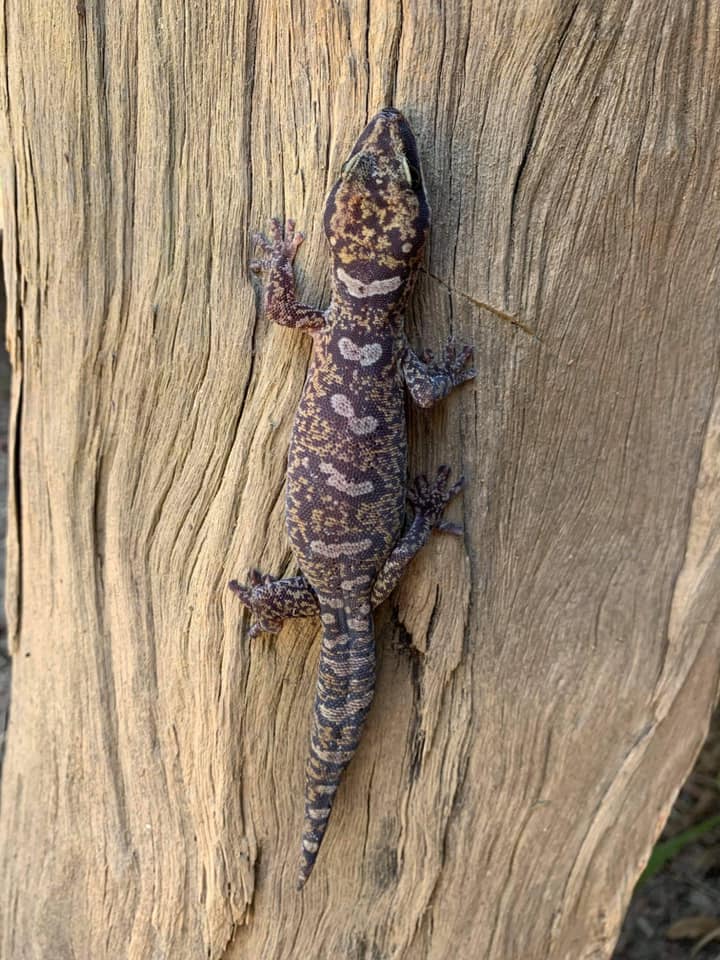
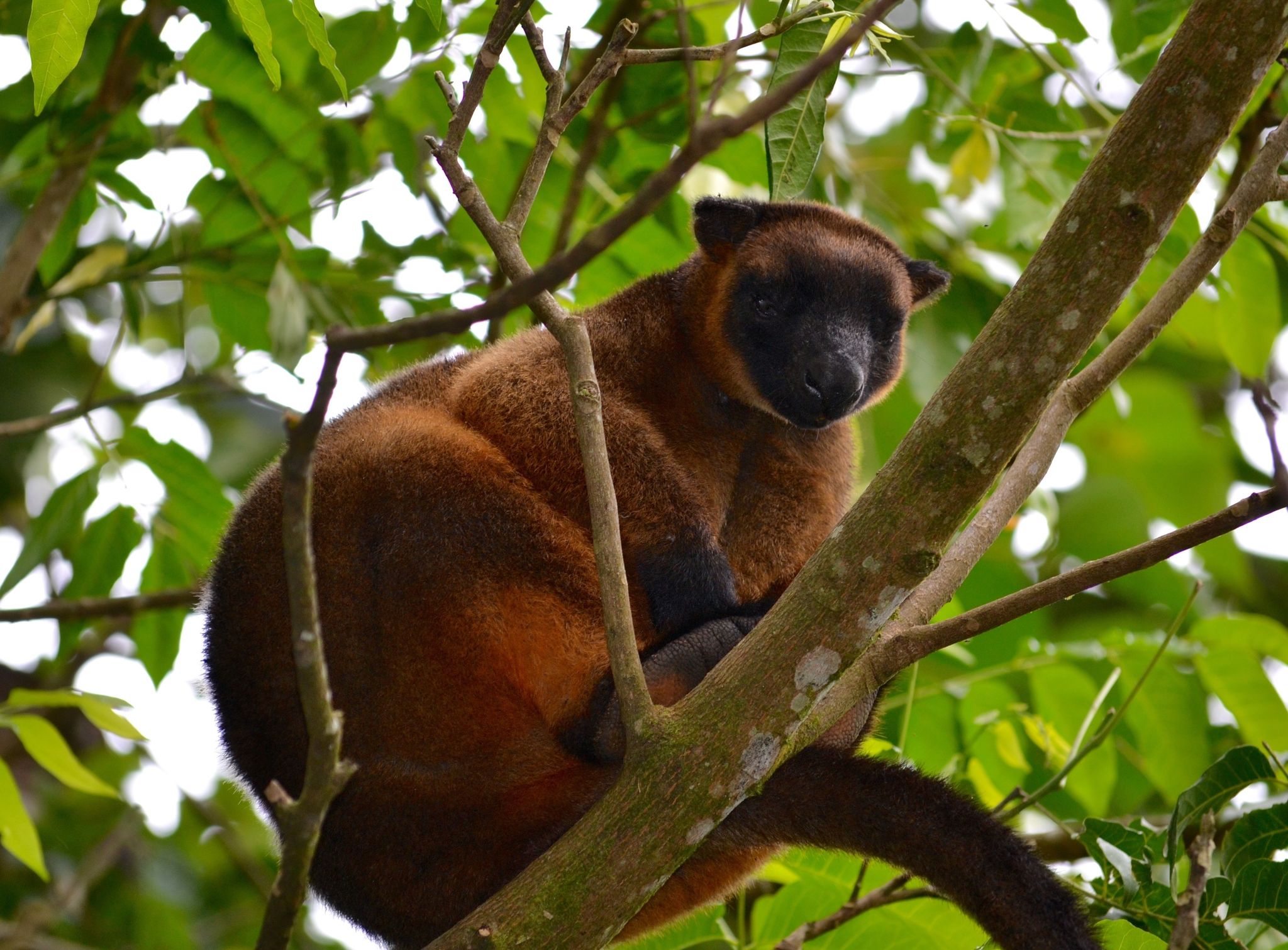
Landscaping gardening for wildlife
- Ponds and bird baths have been established on JCU campuses to provide water for wildlife during the dry season and grow native aquatic plants.
- Microbat homes, bird nesting boxes have been placed in trees to prove nesting sites for native birds and microbats
- A skink garden has been constructed providing habitat and cover for local native reptile species
- 2022 TropEco staff made bee hotels for native stingless bees from native tree timber, and placed in campus gardens to encourage native bees to establish on the JCU campus.
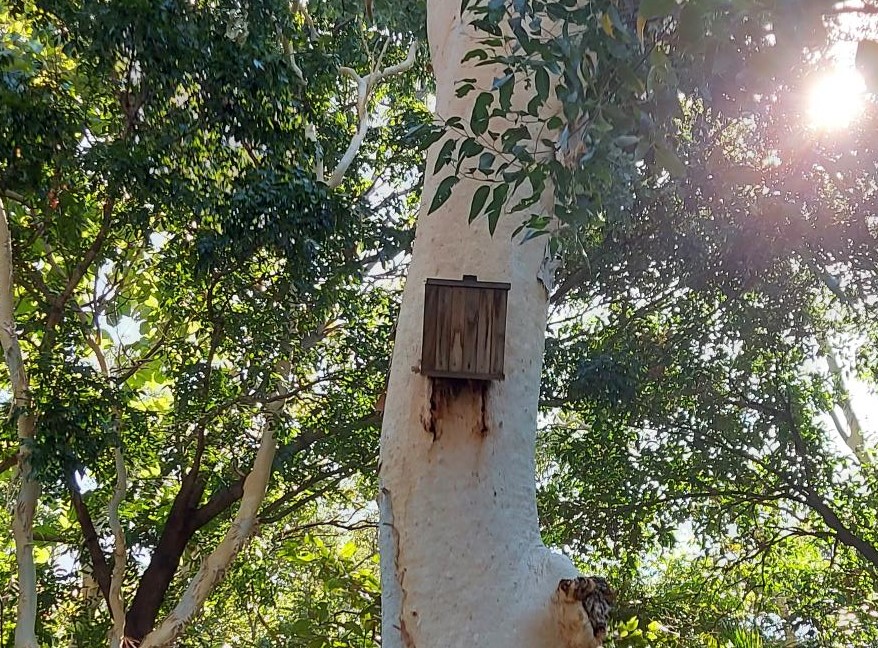
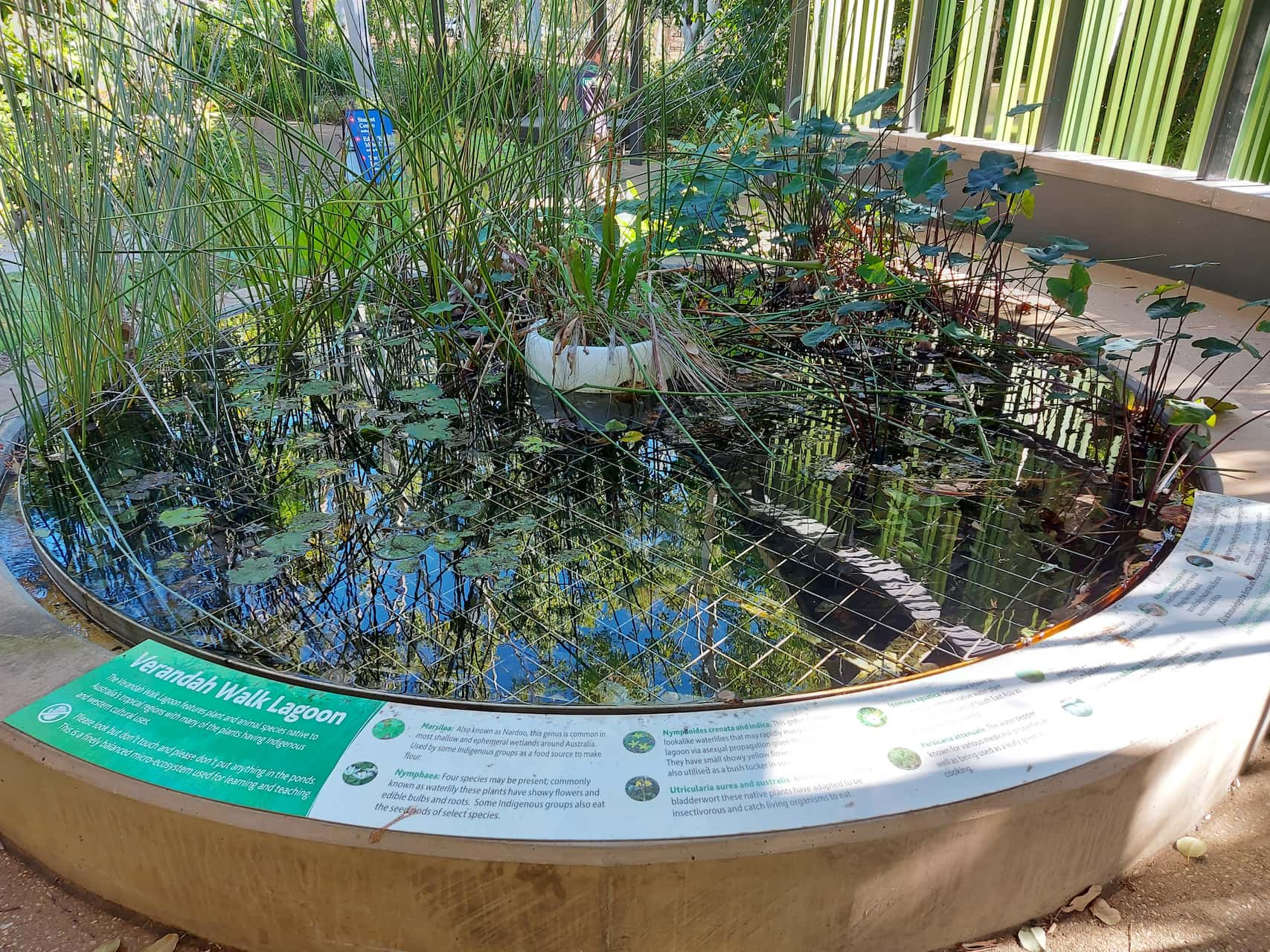
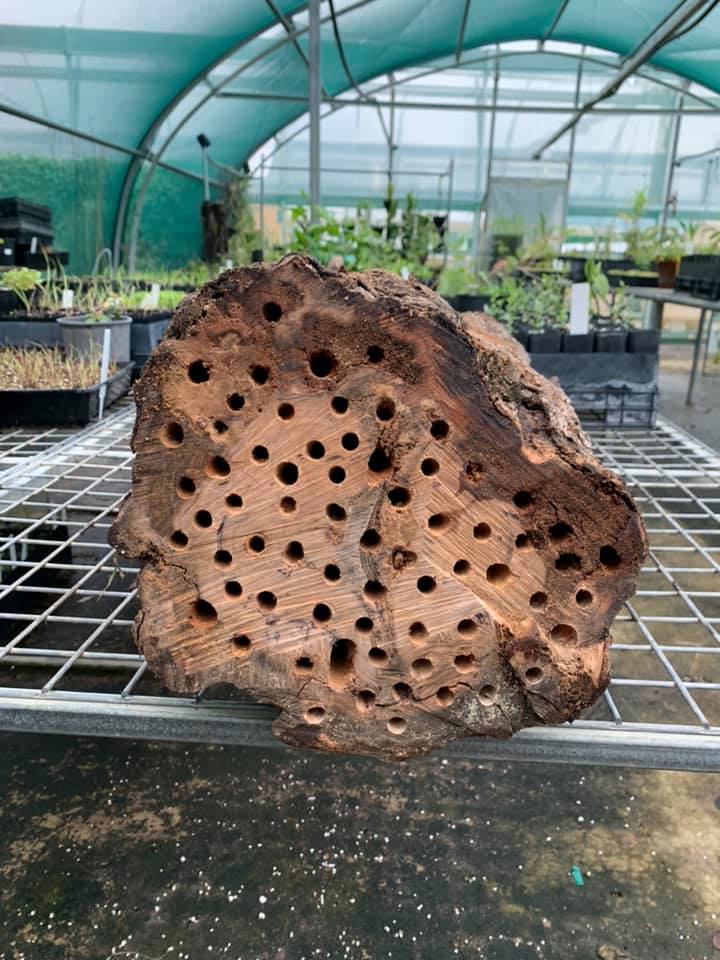
Caring for wildlife nesting or resting
JCU tropical campuses are inhabited by a wide variety of animals, and JCU staff take great care to help humans and wildlife coexist safely. Native pythons occasionally need to rest in public spaces after consuming a large meal, and staff erect bunting and signage around the resting snake to alert pedestrians and give the snake necessary space. Ground nesting birds such as Bush stone-curlews and Masked Lapwings also present a challenge to protect so signage is erected around nesting sites to protect nesting birds, eggs and chicks.
.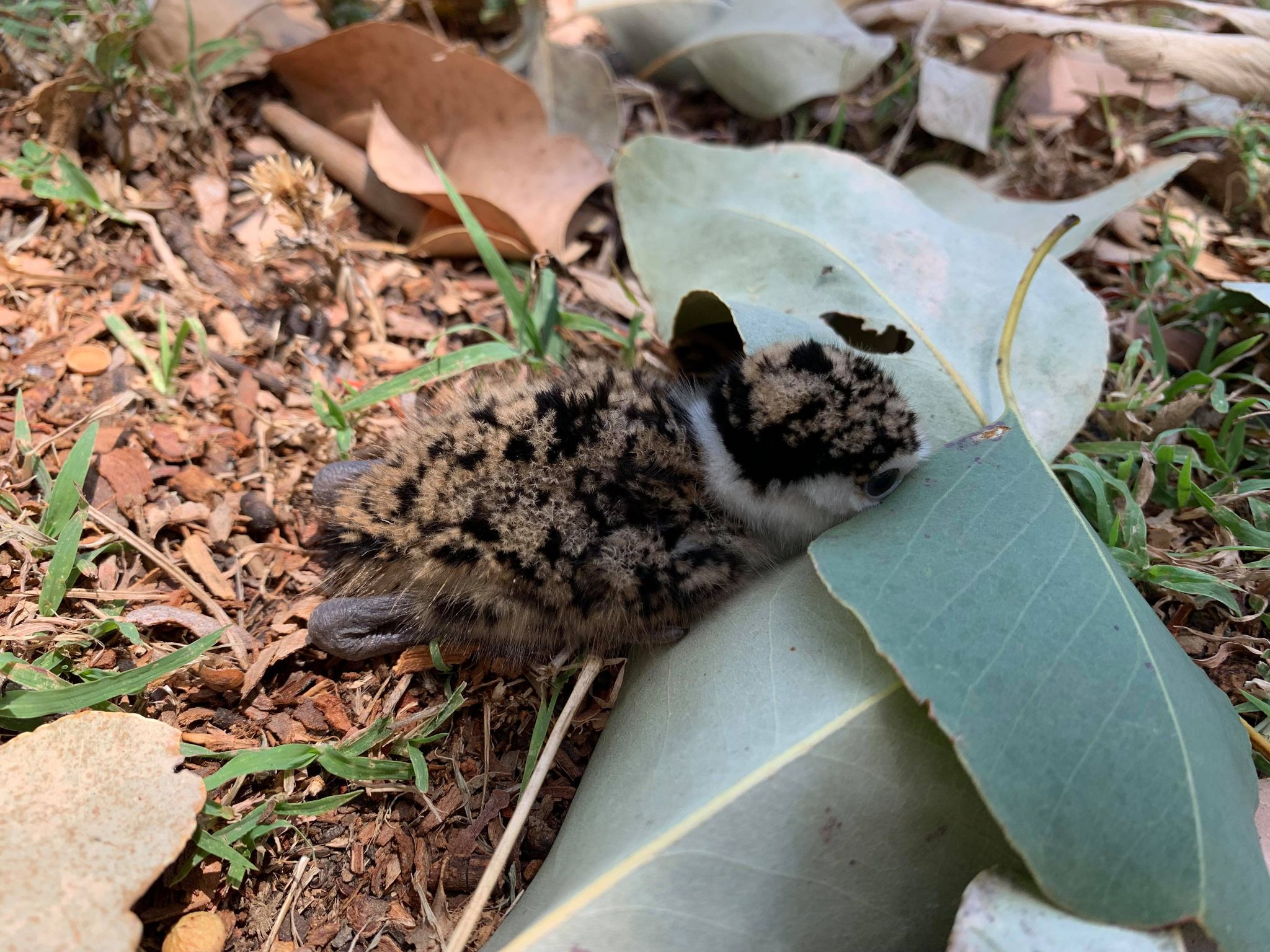
Monitoring freshwater systems on JCU campuses
Gonndaloo and Wadda-mooli creeks on the Bebegu Yumba campus have been surveyed biannually since 2018, in January and April each year. Freshwater biodiversity is surveyed, and water quality assessed to monitor pH and nitrites. Fish, reptile, amphibian and crustacea, insect and aquatic plant species are recorded, and invasive species including cane toad eggs are removed.
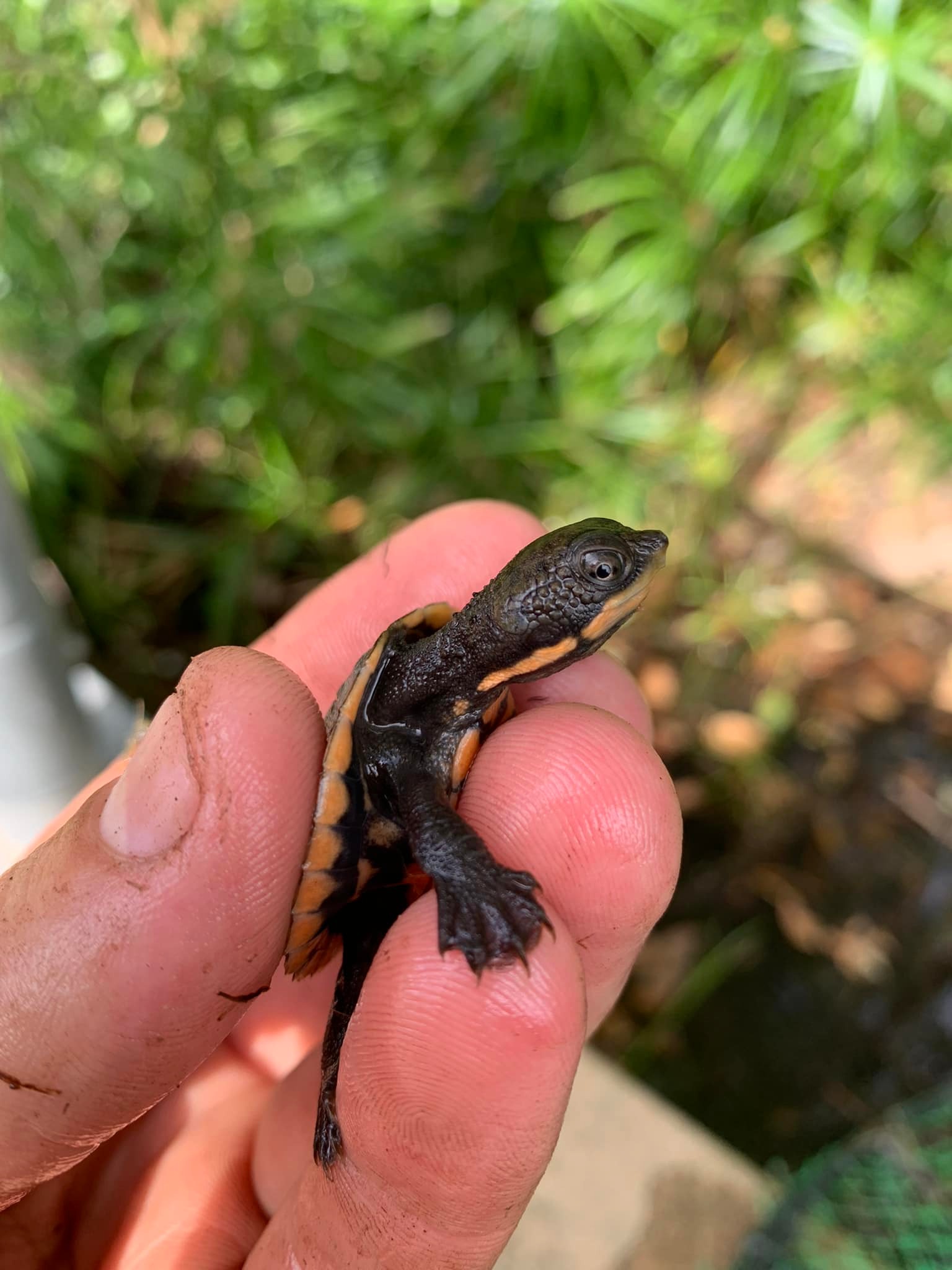
The Townsville campus has installed several Fish Ladders to ensure the uninterrupted passage of native fish to their spawning grounds during the wet season. Each year the fish ladders are monitored for effectiveness and maintenance.
Additionally, water berms have been installed in campus creeks to slow flow, assisting migratory species in their journey, as well as decreasing bank erosion.
